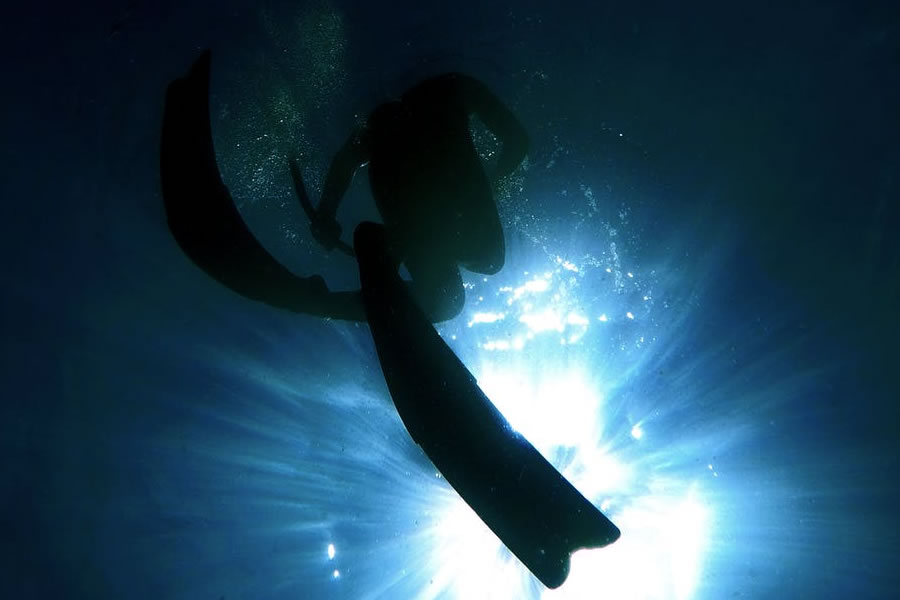😞 PTSD Symptoms Related to Near-Drowning Incidents

The article is developed in partnership with BetterHelp.
When people think of dangerous situations, they may think of war, car accidents, and terrorism. However, simple things can be risky too. For example, swimming and other water-related activities. That is why it is vital to stay safe while scuba diving, as well as in other underwater activities. If you do not know your skill level, you may experience near-drowning or other threatening incidents. Not only does near-drowning affect your physical well-being, but it also affects your mental health and stability. Learn the connection between Post Traumatic Stress Disorder, and how it can be caused by swimming-related accidents.
What is Post Traumatic Stress Disorder?
There is a direct correlation between PTSD and mental health. Post Traumatic Stress Disorder (PTSD) is a psychiatric disorder that occurs after a traumatic event. Common traumatic events include war, assault, natural disasters, and life-threatening situations. When someone experiences a traumatic event, it can cause many mental and physical symptoms. People whose symptoms interrupt their daily life may be living with a Post Traumatic Stress Disorder.
Can Near-Drowning Incidents Cause PTSD?
Nearly drowning can unquestionably cause PTSD. When someone almost drowns, it can feel scary and life-threatening because it is. PTSD can be triggered by a child falling into a pool without their floaties or an experienced swimmer being caught in the ocean’s current. Post Traumatic Stress Disorder is caused when someone feels that they will not survive a situation such as drowning.
What Are the Symptoms of PTSD?
An Intense Fear of Water
If you or someone you love has developed PTSD because of a near-drowning incident, they may also develop an intense fear of water. They may become frightened by simple things such as driving over a bridge. Thoughts of going to the beach may fill them with shame and aggression. PTSD often alters the way a person physically and emotionally reacts in various situations.
Avoiding Water and Related Discussions
Someone with Post Traumatic Stress Disorder will often avoid their traumatic experience at all costs. For example, family trips to the lake and boat rides. Individuals will also try to avoid thinking about their traumatic experiences as well. For instance, talking to friends and family about their fear may feel intimidating and shameful.
Vivid Memories of the Incident
According to Mayo Clinic, many young children will often re-enact their traumatic events and experience frightening dreams after their incident. Adults will also experience nightmares and related dreams. They are also more likely to relive their near-drowning through flashbacks and intrusive thoughts. Sometimes memories may occur despite their best effort.
What Now?
Think Before You Swim
The best thing you can do to avoid the symptoms and complications of Post Traumatic Stress Disorder related to near-drowning is by learning more about your skillset. If you are not a strong swimmer, it is best to avoid rough and deep waters. It is always recommended that you never go alone. Instructors and professionals strongly suggest that you go swimming with someone you trust. Check out the social media profiles of swimmers like Michael Phelps or Joshua Conway to get more tips on what they do before swimming.
Seek Professional Help
If you have experienced a water-related incident, and you are living with symptoms of PTSD, you should seek immediate help from a therapist you trust. A licensed therapist or counselor can assist you in understanding your trauma and symptoms. With their help, you can overcome your Post Traumatic Stress Disorder and move forward with your life.
Last Updated on July 26, 2024

